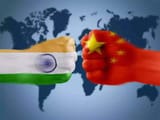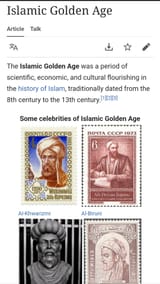>>24654493 (OP)
Let's begin by comparing the greatest poet of each. Kalidasa wrote verse and drama, while Li Bai wrote verse and essays. Kalidasa's verse and drama are both excellent, whereas Li Bai's essays, and frankly essays of his period with scant exceptions, seem curiosity next to his verse. Kalidasa wins on versatility.
I would note that Li Bai's verse seems more universal than Kalidasa's Hindu devotion, a judgment that would be supported by Li's far greater popularity outside of his homeland. Kalidasa's drama and characters stand out and translations thereof were instrumental in early European Romanticism: but then Li Bai's poetic persona easily equals the best of them. A tie for pure craft.
Comparing lesser poets from both nations would yield similar results.
The Vedas + Upanishads vs the Annals and the texts of the Hundred Schools. Not easily comparable. From India come meditations on the nature of being and the divine; from China come contemplations of the ideal state and the purpose of life under it. It's logical then that the relative spiritual void in the Chinese classics was to be filled by an Indian religion, but that too got subsumed into a philosophy of governance.
This points to a massive divergence between India and China, or rather between China and everywhere else: in China, the State is absolute and primal. No one wrote about the individual absent a social role within a basically hierarchical state. It would have been unthinkable. It would have been worse than suggesting we all live like animals, since even animals recognize stronger and weaker.
This seems to me less like a limitation and more a fundamental truth of the human condition, intuitively recognized. The Chinese have always been pragmatists, in their golden ages building durable systems of authority and employing the best technical knowledge in their absolute service, and in their ages of decline, tearing down the old and ruthlessly building the new. Indian Brahminism, and frankly myth and spirituality everywhere else, seems like a roundabout and less effective effort for power and stability. So in my view, China flatly wins.




